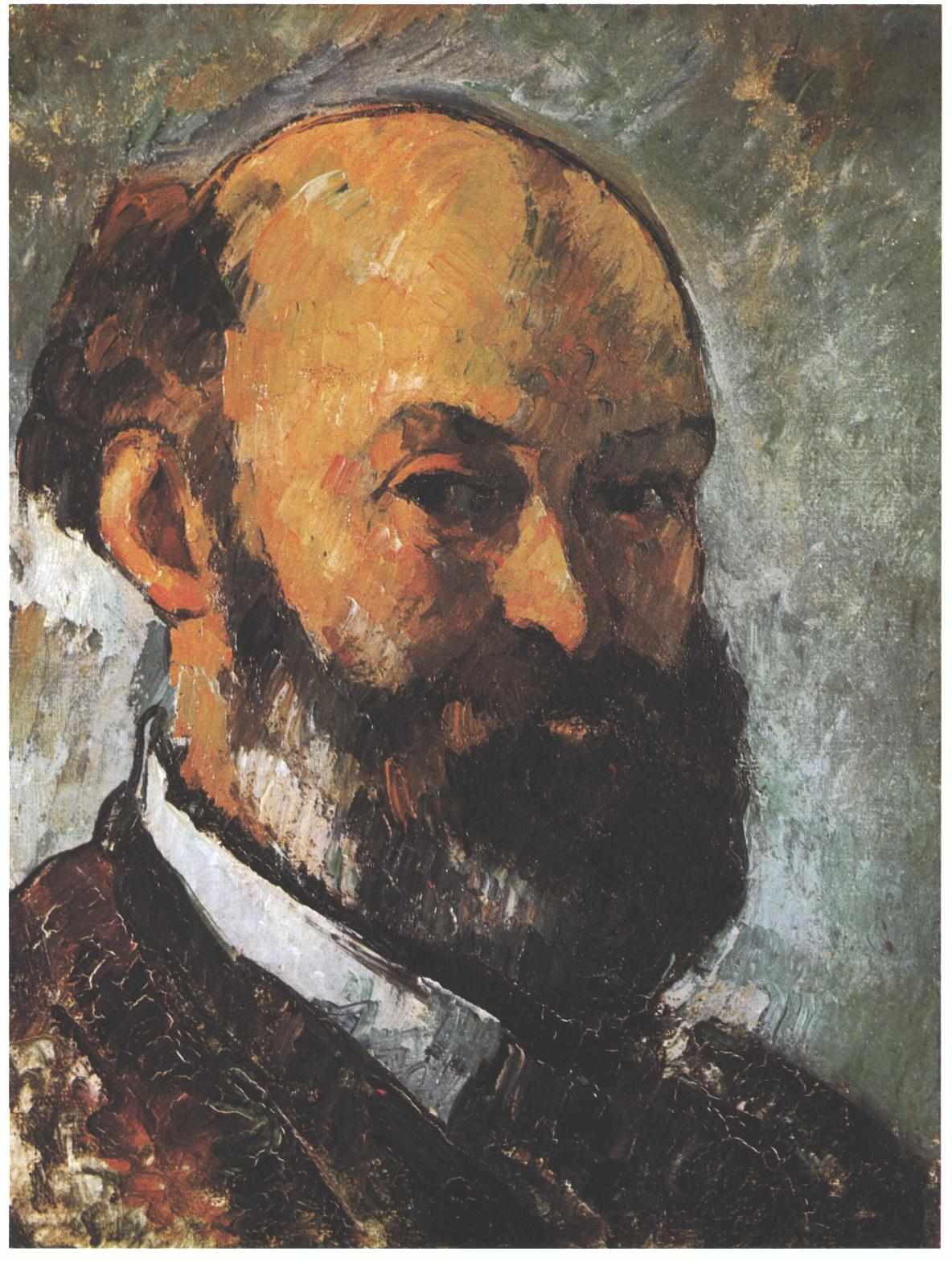



Paul Cézanne
Paul Cézanne was a French artist and Post-Impressionist painter whose work laid the foundations of the transition from the 19th-century conception of artistic endeavour to a new and radically different world of art in the 20th century. Cézanne's often repetitive, exploratory brushstrokes are highly characteristic and clearly recognizable. He used planes of colour and small brushstrokes that build up to form complex fields. The paintings convey Cézanne's intense study of his subjects. Cézanne is said to have formed the bridge between late 19th-century Impressionism and the early 20th century's new line of artistic enquiry, Cubism. Both Matisse and Picasso are said to have remarked that Cézanne "is the father of us all." Cézanne's works were rejected numerous times by the official Salon in Paris and ridiculed by art critics when exhibited with the Impressionists'. Yet during his lifetime Cézanne was considered a master by younger artists who visited his studio in Aix. After Cézanne died in 1906, his paintings were exhibited in Paris in a large museum-like retrospective in September 1907. The 1907 Cézanne retrospective at the Salon d'Automne greatly affected the direction that the avant-garde in Paris took, lending credence to his position as one of the most influential artists of the 19th century and to the advent of Cubism. Inspired by Cézanne, two of the younger artists wrote: "Cézanne is one of the greatest of those who changed the course of art history . . . From him we have learned that to alter the coloring of an object is to alter its structure. His work proves without doubt that painting is not—or not any longer—the art of imitating an object by lines and colors, but of giving plastic [solid] form to our nature." (Albert Gleizes and Jean Metzinger in Du "Cubisme", 1912)
Cézanne's explorations of geometric simplification and optical phenomena inspired Picasso, Braque, Metzinger, Gleizes, Gris and others to experiment with ever more complex multiple views of the same subject and eventually to the fracturing of form. Cézanne thus sparked one of the most revolutionary areas of artistic enquiry of the 20th century, one which was to affect profoundly the development of modern art. Picasso referred to Cézanne as "the father of us all" and claimed him as "my one and only master!" Other painters such as Edgar Degas, Pierre-Auguste Renoir, Paul Gauguin, Kasimir Malevich, Georges Rouault, Paul Klee, and Henri Matisse acknowledged Cézanne's genius.